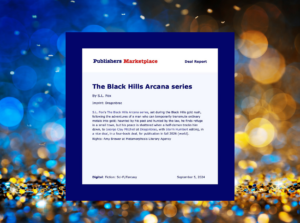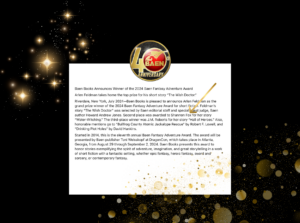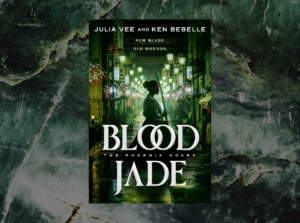East of Eden by John Steinbeck
The masterpiece of one of the greatest American writers of all time. East of Eden is an epic tale of good vs. evil with many biblical references and parallels. The story is ultimately that of good’s triumph over evil and the human will’s ability to make that happen.
Whenever I recommend this book, I sell it as a Steinbeck book for people who don’t like Steinbeck. The writing in this book bares little resemblance to the writing found in Of Mice and Men or even Grapes of Wrath. This is one of my all-time favorite novels, but I don’t consider myself a Steinbeck fan by any means.
This novel clocks in at just over six hundred pages. And when I read it in high school (for an extracurricular, mind you) I read it in about a day because I found it absolutely fascinating. His good characters are really good and the evil ones are really, really bad. Cathy is terrifying-plain and simple. And where Steinbeck draws shades of grey, our heart breaks.
I love the concept of retelling the Cain and Abel story for a modern age. Silanis comes alive under Steinbeck’s careful direction, the whole town unfolding as the story races to its inevitable conclusion. He manages a large cast of characters with ease, fleshing them out individually so that they linger in our minds long after we’ve turned the last page. Plot, character, and theme are given equal attention. Some criticism I read on this book was that Steinbeck was a little too heavy-handed with his moral deliverance. I would disagree. There is enough else going on in the novel that the moral musings do not stick out nor overshadow the rest of the text. In my opinion, the explicit statement of the morality of East of Eden serves more as a place to ground you in the story, one that stretches over decades and many square miles. Where we get lost in the beauty of Salinas, California, we find our anchor in the questions of good and evil, free will or predestination, sin or virtue.
In many ways, this is more than a novel. It’s a moral compass by which we may conduct our lives. In the immortal words of Lee, “But the Hebrew word, the word timshel—‘Thou mayest’— that gives a choice. It might be the most important word in the world. That says the way is open. That throws it right back on a man. For if ‘Thou mayest’—it is also true that ‘Thou mayest not.” It’s a simple concept, but one by which all the world lies open. We have a choice to use our lives for good or ill.




